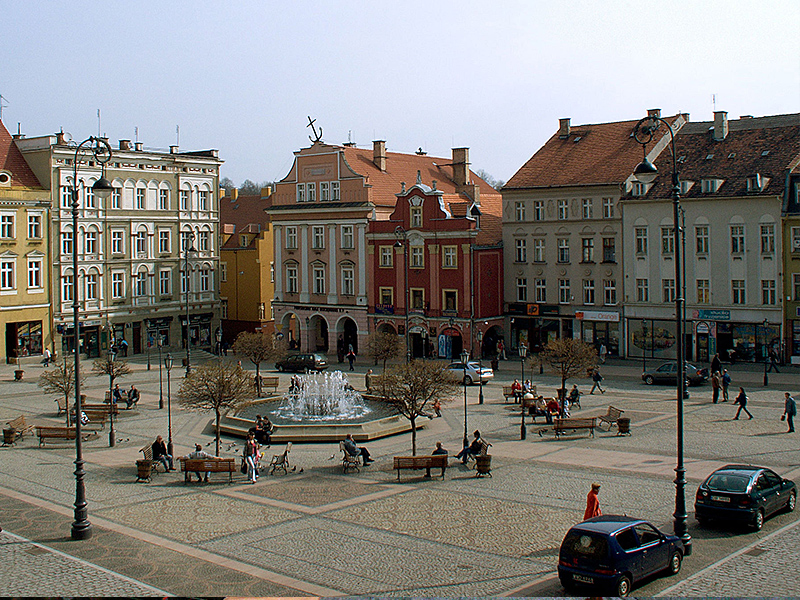As our children, and later our grandchildren, were growing up, my wife and I would take them to Poland, where we were both born, to show them our roots and some of the sights where members of our family were murdered by the Nazis. Our latest trip was last October.
Shortly after that visit, I wrote in my column in the Toronto Star that, despite the long history of anti-Semitism in the country, “nowadays many Poles speak with respect and appreciation of the Jews and their contribution to the history of Poland.” The anti-Semitic measures that communist Poland had implemented 50 years earlier seemed to be a distant memory.
But only a few weeks after our return, the Polish Parliament passed a bill that sought to reverse the trend I tried to describe. It decreed that anybody who shows that Poles were complicit in murdering Jews during the Holocaust may end up in prison. The Jew hatred that was so prevalent there half a century ago seemed to have returned in a new guise.
READ: A PLACE FOR ATHEISTS IN JUDAISM
Reputable scholars who have published incontrovertible evidence about how some Poles helped the Nazis may now be deemed to be criminals if they set foot in their native country. The best known among them is Prof. Jan T. Gross of Princeton University. His book Neighbors, which was published in 2001, documented how, in July 1941, during the German occupation, local Poles in the town of Jedwabne set some 300 Jews on fire in a barn. The book got much attention and encouraged others – including Prof. Jan Grabowski of the University of Ottawa – to document similar atrocities committed by Poles against Jews.
Writing in the Spring 2018 issue of the Jewish Review of Books, Gross reported that “during the war Poles killed more of their Jewish fellow citizens than they killed occupying Germans.” He acknowledged that “there were many Poles who helped Jews during the war,” but he added that “these individuals typically acted on their own against prevailing social norms” and “even after the war, many insisted on keeping their wartime heroism a secret from their neighbours,” out of fear of reprisals.
It seems that the climate of hostility is now manifest in what amounts to Holocaust denial. Gross writes: “Under the pretence of defending Poland’s dignity and freedom to act as a sovereign country, the regime has played to the worst xenophobic and anti-Semitic prejudices of the public.”
However, Rabbi Michael Schudrich, the chief rabbi of Poland, has urged us not to overreact to recent developments, but to continue to visit Poland, if for no other reason than to support the Jewish communities there. Addressing the board of governors of the Jewish Agency earlier this year, he insisted that, by staying away from Poland, Jews will end up punishing Polish Jews, who need our support now more than ever.
Rabbi Schudrich told his audience that a growing number of Poles, whose parents did their utmost to hide their Jewishness, are now discovering their roots and joining local Jewish communities. They deserve our support and should not be punished for what their government is trying to do.
Hopefully the government will not succeed. The pernicious law may not come into effect, as it must first be submitted to the country’s constitutional court, where it will likely be declared unconstitutional.
The Jewish world seems to have heeded Rabbi Schudrich’s plea. Israeli schools and other institutions continue to send groups to Poland. This year’s March of the Living appears to have been well attended. And, as usual, it included a strong Canadian contingent.
Another reason why Jews should visit Poland is the Museum of the History of Polish Jews in Warsaw, which is located on the site of its wartime ghetto. Visitors quickly realize that there is much more to Polish Jewry than anti-Semitism, the Holocaust and its terrible aftereffects. Judaism has deep roots there and it’s essential that they be preserved.

